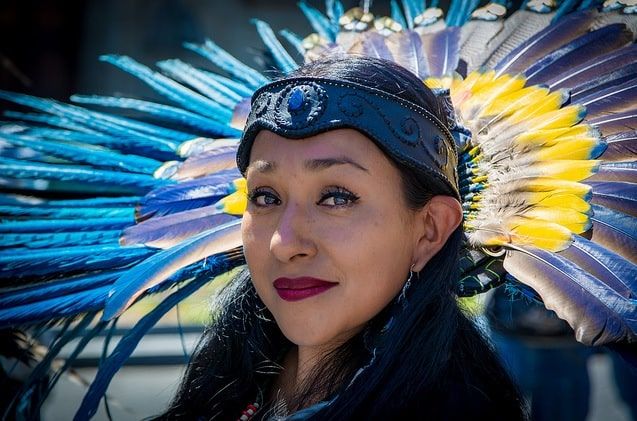Indigenous people seek to preserve food biodiversity in Mexico and the Americas
Women and young people take action to promote projects that preserve their food traditions because it is possible to achieve autonomy and stop consuming industrialized products





